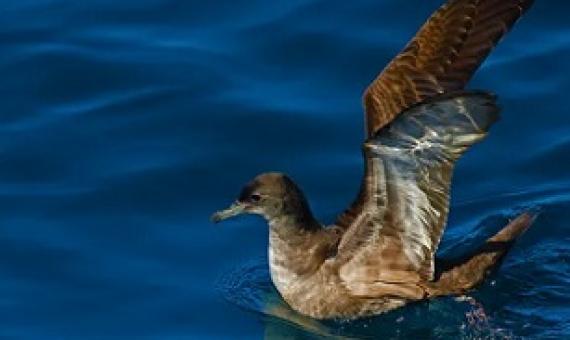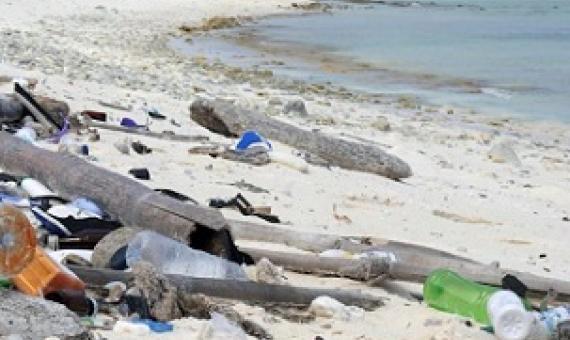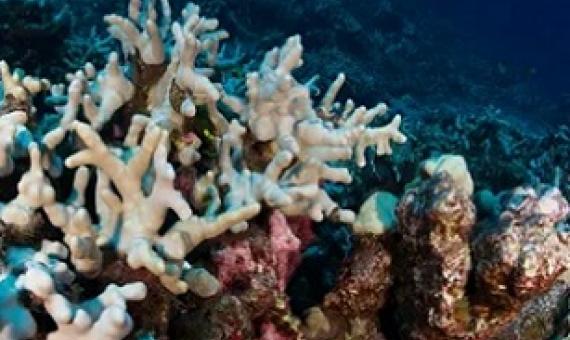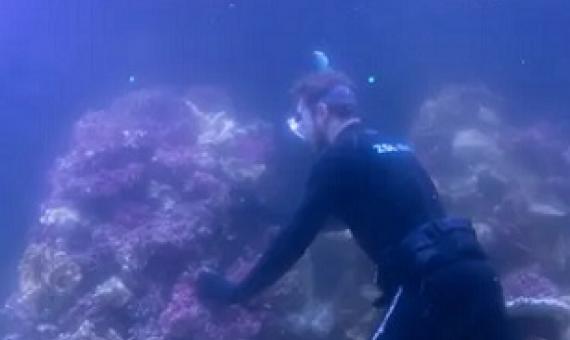Ghost nets” from unknown origins drift among the Pacific’s currents, threatening sea creatures and littering shorelines with the entangled remains of what they kill.
Just as caged canaries once warned coal miners of the risk of carbon monoxide poisoning, free-flying seabirds are now warning humanity about the deteriorating health of our oceans. Seabirds journey vast distances across Earth’s seascapes to find food and to breed.
New research from James Cook University shows mangroves are doing a lot of the heavy lifting in storing carbon and their importance may increase as climate change impacts increase.
Research scientist Jennifer Lavers has spent weeks sifting through the world's waste on two remote sets of islands — and what she has found could have alarming consequences for wildlife. In 2017, many were shocked to learn the shores of uninhabited Henderson Island in the South Pacific
Despite lingering tensions among environmentalists and loggers, a plan to launch the largest forestry experiment in the United States — and perhaps the world — last month cleared a major hurdle.
In a new report, NGO Forest Trends found that at least 69% of tropical forests cleared for agricultural activities such as ranching and farmland between 2013 and 2019 was done in violation of national laws and regulations.
Habitats under different levels of protection host marked / contrasted different communities of plants, birds and fish, despite having similar numbers of species, according to a study publishing 19th May, 2021 in the open-access journal PLOS Biology.
Scientists have launched a world-first system to detect in almost real time the bleaching of the planet’s coral reefs that are under severe threat from global heating.
Scientists in Florida have concluded that sharks possess an internal navigation system similar to GPS that allows them to use Earth’s magnetic forces to travel long distances with accuracy.
This weekend, conservationists will put the final touches to a giant artificial reef they are assembling at London zoo.
















